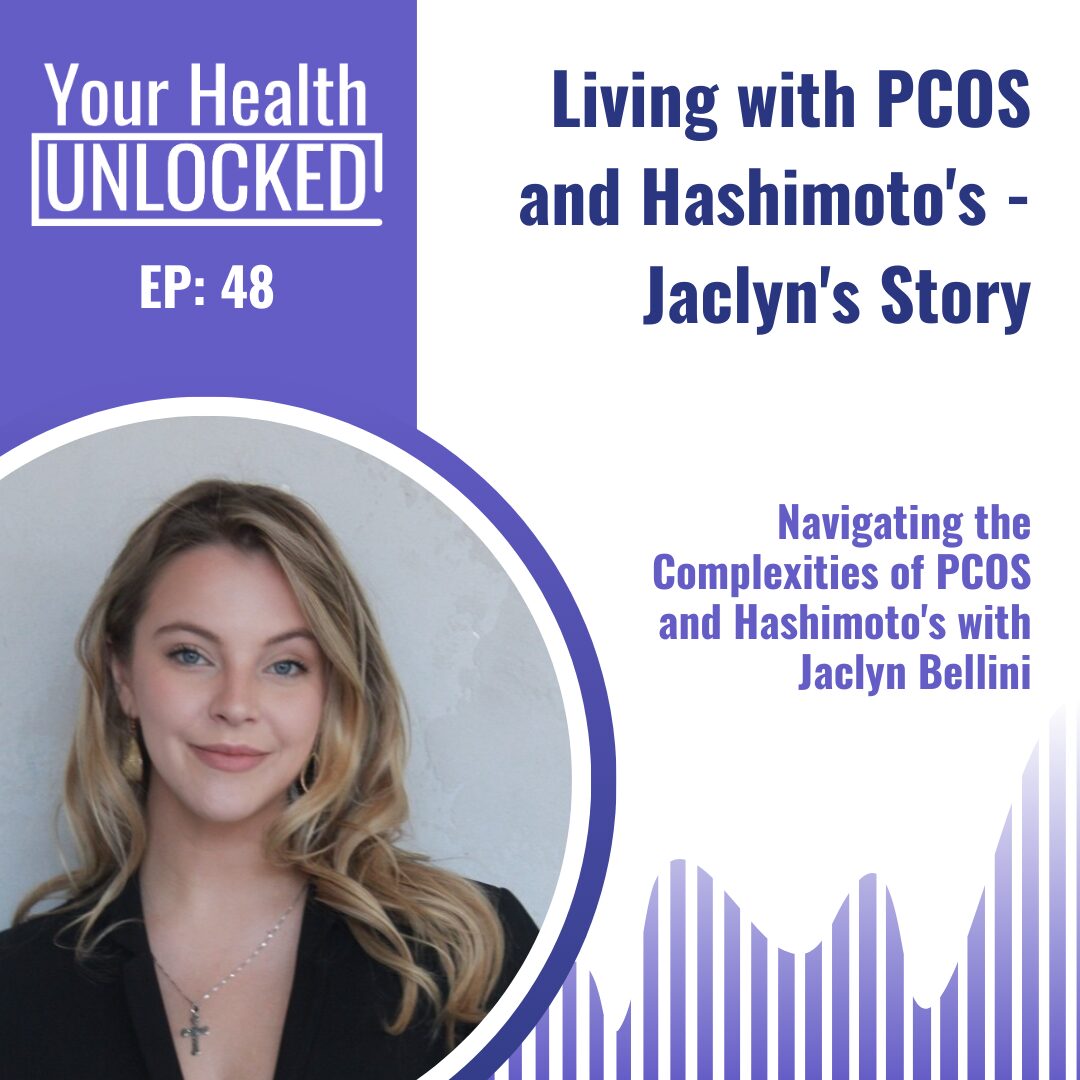Human sexuality, pregnancy prevention, and pregnancy intention are all complicated issues. And people must balance a range of trade-offs when selecting the contraceptive option that works best for their unique situation. Many methods are available, and all have different side effects. Complicating matters, what one person sees as a benefit, another might view as a drawback.
Unfortunately, too many clinicians pre-judge what’s right for an individual before they even walk in the door rather than letting the individual guide the conversation based on their own reproductive priorities. In the worst cases, implicit or explicit quotas and incentives influence the number and/or kind of birth control methods clinicians prescribe. The NWHN has done a lot of work on this type of contraception coercion, focusing on the ways that clinicians, policymakers, and/or public health funders try to push women into-or away from-particular kinds of birth control. While women across demographic groups report that their medical providers don’t always listen to them or respect their decision-making, the problem is particularly acute for women of color, low-income women, immigrant women, LGBTQI individuals, and members of other marginalized communities.
“While it can sometimes be hard, advocating for yourself in the provider’s office is a crucial part of ensuring that you get the best care for you.”
Part of our efforts include helping people with contraception self-advocacy. While it can sometimes be hard, advocating for yourself in the provider’s office is a crucial part of ensuring that you get the best care for you. No one knows your body as well as you do, so you’re the best person to evaluate and make decisions on your behalf. This type of contraception self-advocacy requires people to have the resources and skills needed to assert themselves and communicate their own medical, reproductive, and contraceptive needs. Here are some tips for fostering medical self-advocacy around contraceptive choices.
Before the Appointment
There are many factors to consider when choosing the contraceptive method that’s best for you, your lifestyle, and your reproductive goals. Before your appointment, consider what you want from your birth control. If you’re currently using contraception, consider what you like and don’t like about it. These questions can help guide you:
- What matters to you most in a contraceptive method (i.e., effectiveness, ease of use, etc.)?
- How important is it to you to have a very effective method that almost never fails?
- Is it important to be able to “set it and forget it,” or do you want to be able to start and stop the method on your own without going in for a follow-up appointment?
- Is your lifestyle conducive to taking medication at the same time every day?
- Would you like to become pregnant in the future, and if so, when?
- How important to you is it to have a monthly cycle? Would it be an issue for you if your contraceptive method made your period irregular or eliminated it altogether?
- Do you need a method that can be kept private from a partner or parent?
- Are you at risk of losing health insurance in the next year?
Doing your research doesn’t mean you have to arrive at the appointment knowing the exact method you want. But, having a good idea of what you’re looking for and what you hope to get out of your contraception will help guide you and your medical practitioner to a method that will work best for you.
During the Appointment
Your provider should encourage you to have a say in your own contraception. This process should not be one-sided; you should not have to fight to make your voice heard. Because of the clinician’s personal views about contraception-and sometimes about the individual-it can sometimes be hard to make this happen. Here are some tips:
- Express your ideas generated from the questions above. It can help you to write your thoughts before the appointment or take notes as you speak with your provider. Many people have difficulty keeping track of all the details once a conversation starts.
- Evaluate how your provider responds to your needs and concerns. Do you feel that he or she is considering what you say? If not, ask for additional information, restate your concerns, or consider seeing a different provider.
- If you can’t see one locally, try Hers, an online source for birth control prescribed by online physicians, who can help you find the best option that also fits your budget.
- Don’t hold back. Your provider is there to provide you with the highest-quality care. The more information you share, the better the provider will assist your decision-making process.
- Ask for clarification if the provider uses terminology that’s unfamiliar to you. There are no “dumb” questions regarding your body and health care.
- Take the time you need to make your decision.
Preparation and confidence in voicing your own needs will help ensure you can practice successful self-advocacy. People who can make fully informed decisions for themselves are much more likely to be satisfied in the end-and that’s good for everyone.
Updated 11/21/2023 by Rachel Grimsley, RN, BSN, MSN, Nurse Writer










